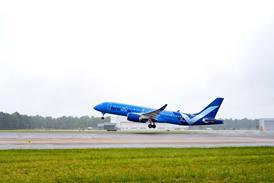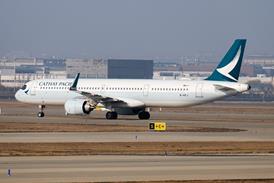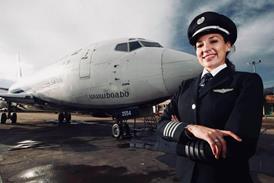New EU regulations governing the way disabled travellers are treated by airlines has been welcomed by UK Civil Aviation Authority (CAA).
The regulation covers flights from, transiting through, or arriving at an airport in the European Economic Area (EEA). It also applies to community air carriers operating into the EEA from a third country, such as the United States.
Air carriers and their agents and tour operators cannot refuse to accept a reservation from a passenger or deny boarding to an aircraft on the grounds of disability or reduced mobility except on grounds of safety. Disabled travellers are normally classed as those with mobility problems and older people.
The new rules apply to airlines in the EU when reserving a seat for a passenger considered disabled or boarding them onto a flight, CAA's Ed Bewley, head of flight operations in the the cabin safety office, tells flightglobal.com.
He explained that "special conditions apply" where a disabled passenger may be refused onboard an aircraft if a wheelchair, for example, cannot fit through the doors.
There are certain rules, he says, as to where disabled passengers can sit. They would not be able to block the aisle because this may restrict the safety of able-bodied passengers and in the case of an emergency, make an evacuation slower.
From 26 July 2008 airports will be required to provide assistance to disabled and reduced mobility passengers at the airport between their aircraft seat and the airport arrival or departure point.
UK Labour MP Nigel Evans said, in support of the new rules, that airlines and air companies have had a pretty "cavalier attitude" to disabled passengers and have used any sort of opportunity to knock them off the flight," he commented.
Source: FlightGlobal.com























